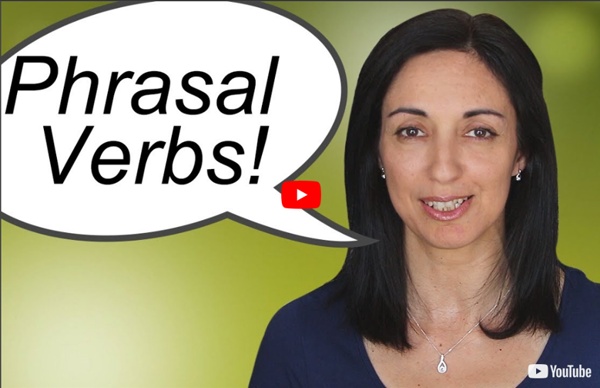



English to French, Italian, German & Spanish Dictionary - WordReference.com 18 Phrasal verbs with “take” The plane took off at 6:15 PM. Take after somebody Have a similar appearance or personality (especially a relative) She takes after her mother – they have the same green eyes and curly brown hair.John is such a funny person. Take something apart Separate something into parts The technician is taking apart the TV so that he can fix it. Take something back 1) Return something to a store: The jeans I bought were too small, so I took them back and exchanged them for a larger size. 2) Admit that something you said was wrong: I’m sorry I said you were stupid. Take something down 1) Separate a structure into parts After the circus was over, the workers took down the big tents. 2) Write information on paper She took down my address and phone number and said she’d call me later. Take somebody in To let somebody stay in your house My friend lost his job and his apartment, so I took him in for a month. Take something in 1) Receive and understand information 2) Make clothing smaller so that it fits you Take off
Privacy Statemant Effective from: 26th May 2012 We have created this privacy statement in order to demonstrate our firm commitment to your privacy and the security of your personal information. This privacy policy applies only to this website (the "Site"). If you do not accept this privacy policy, you must not use the Site. Collection of Personal Information We collect personal information from you (such as name, age, email address etc) when you complete registration or enquiry forms, order any products or services, participate in message boards, blogs or any other user generated content facilities or send emails to us. to provide additional functionality and services (for example newsletters, web discussion forums etc) to maintain and improve the quality of service to help us maintain the security of the Site and its users to provide general aggregated statistics regarding use of the Site Use of Cookies Cookies and similar technology We use cookies to: a) Our cookies Note: Essential Cookies: Performance Cookies:
They carried out an experiment: phrasal verbs in formal writing by Liz Walter I have written previously about using phrasal verbs to avoid over-formal language, but what happens when you need to write in a formal style, for instance in an academic essay, a report, or a formal letter? Although we often think of phrasal verbs and other multi-word verbs as being rather informal, the majority are in fact neutral and there are a good many that are positively formal. This blog post looks at a small selection of the many multi-word verbs which would be completely appropriate in formal or academic writing. If you only learn one phrasal verb to use in formal writing, my recommendation would be carry out. Scientists have carried out experiments/tests/research on … We have carried out a thorough review of … Other simple verbs could also be replaced in formal writing: The railways brought about huge change. (= caused) The discovery came about by chance. (= happened) Unusually cold weather accounted for the rise in fuel use. (= explained) As Brown points out …